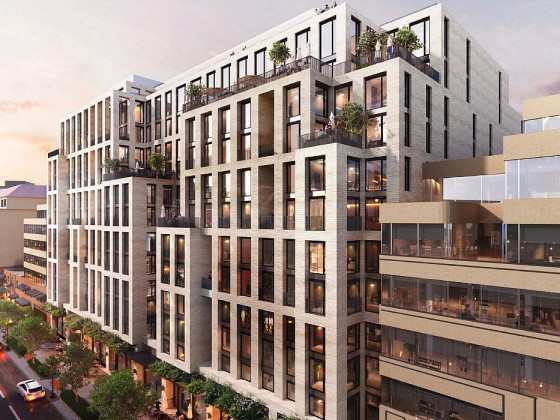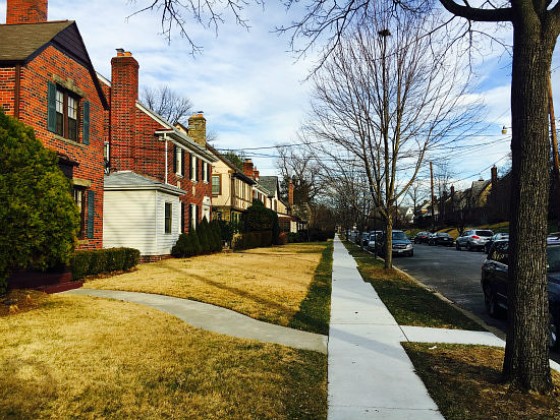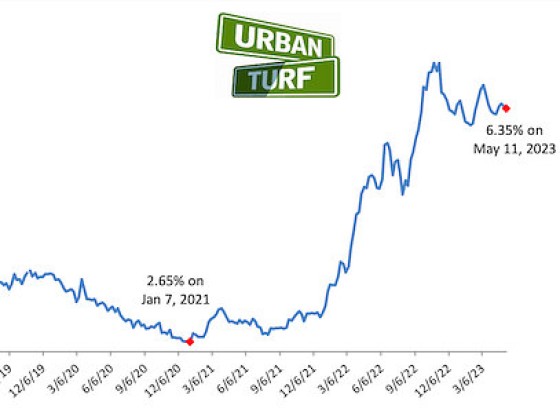 Should Fast Internet Be a Public Good?
Should Fast Internet Be a Public Good?
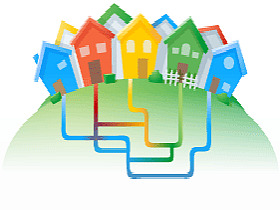
Should fast internet be as available as water?
This morning, the Atlantic Cities reported on DC’s various ventures into providing internet to the masses, bringing internet to those who may not have the finances to pay for it easily and closing the so-called “digital divide.”
Broadbrand Bridge, an organization created by Bloomingdale residents eager to mitigate gentrification-related tension, attempted to set up a free WiFi zone in the neighborhood. So far, they have installed routers on 20 Bloomingdale homes, and are now branching into Mount Pleasant and Columbia Heights. However, the network is far from perfect, and sometime literal walls emerged, as WiFi struggles to get through and around buildings.
The DC government has also gotten into the game. They put $25 million into creating an underground network, DC Community Access Network (DC-CAN), that will bring internet to 291 community institutions like non-profits and schools in 2013; however, as what is called a “middle mile” network, DC-CAN won’t be taking internet all the way to consumers. It will have to rely on private internet providers, who can set prices wherever they want to complete the “last mile” and bring internet directly to the people. Many feel that governments like ours should take it one step further, providing internet to consumers as a public good at rates lower than what private companies charge.
From Atlantic Cities:
Ensuring affordable, reliable access to the internet “typically means a network that’s owned by the local government or a co-op,” Chris Mitchell, the director of the Telecommunications as Commons Initiative at the Institute for Local Self-Reliance, says. That would mean approaching municipal networks as public works projects, with the city building out the full infrastructure and selling services directly. But doing so would put municipal government in competition with private broadband providers.
Big telecommunications firms, as you might imagine, don’t like this. In North Carolina, Time Warner and CenturyLink lobbied to have a law passed that prevents municipalities from building their own broadband networks. Opponents of such measures argue that this allows companies to make internet access available only where the money for services is—in other words, not in low-income areas with low adoption rates.
Readers, what do you think?
This article originally published at https://dc.urbanturf.com/articles/blog/should_fast_internet_be_a_public_good/6066.
Most Popular... This Week • Last 30 Days • Ever
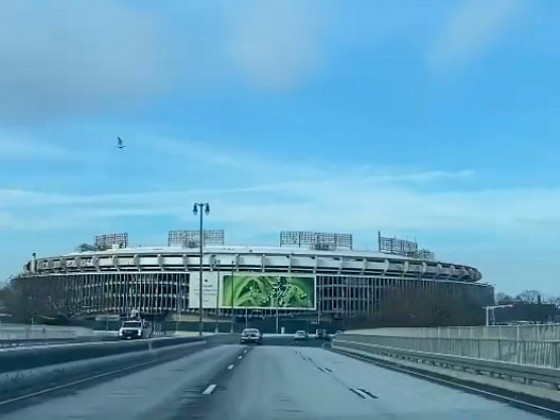
The National Park Service has given the green light for DC's 62 year-old stadium to b... read »

On Wednesday, Airbnb launched the Icons Collection, approximately a dozen "one-of-a-k... read »
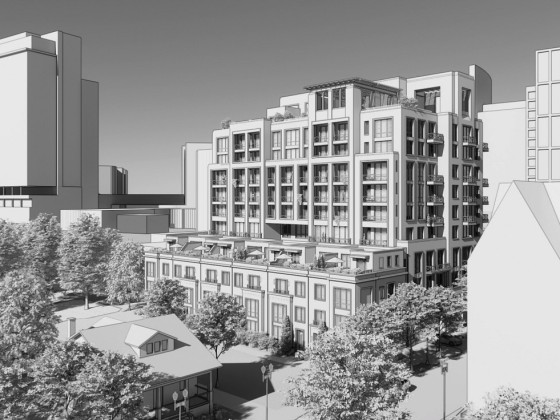
Plans for another residential project in downtown Bethesda are moving forward.... read »
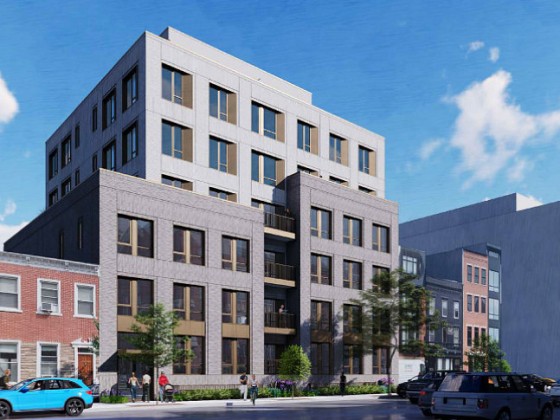
The application could be a sign that plans to redevelop a pair of former church prope... read »
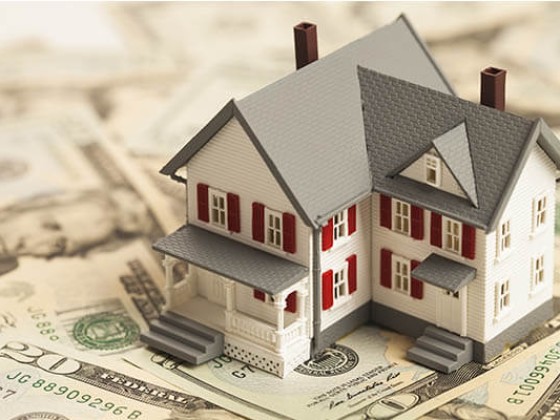
Cash-out refinancing is a popular financial strategy that allows homeowners to conver... read »
DC Real Estate Guides
Short guides to navigating the DC-area real estate market
We've collected all our helpful guides for buying, selling and renting in and around Washington, DC in one place. Start browsing below!
First-Timer Primers
Intro guides for first-time home buyers
Unique Spaces
Awesome and unusual real estate from across the DC Metro







